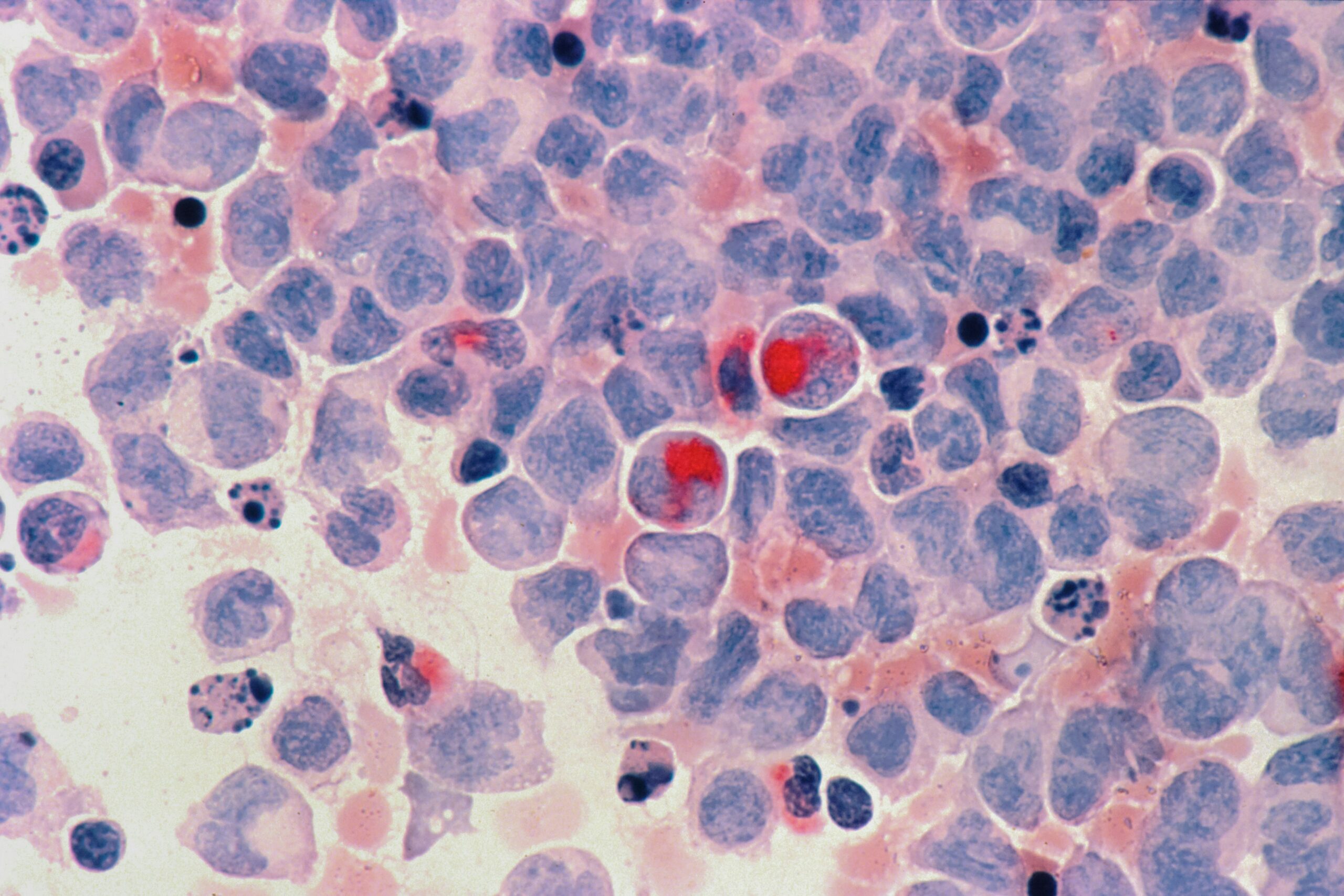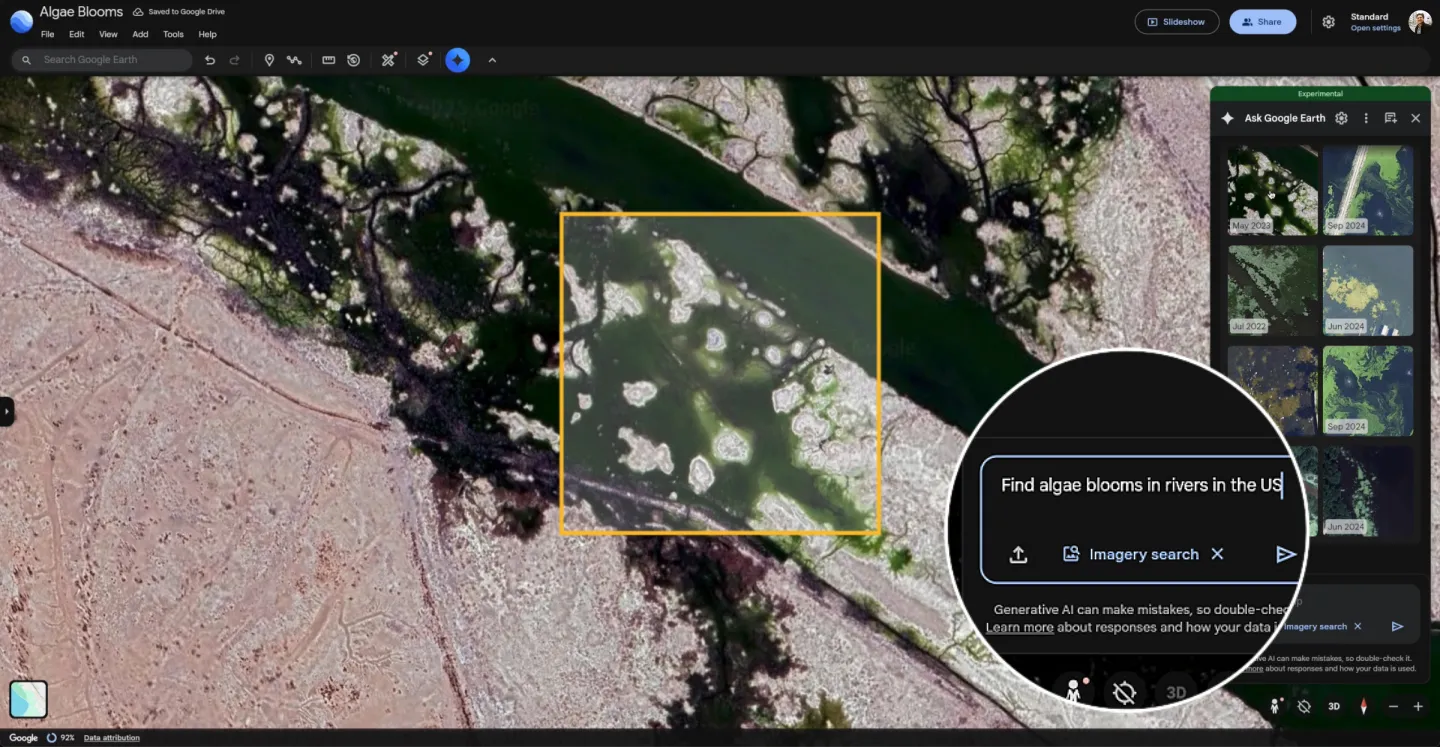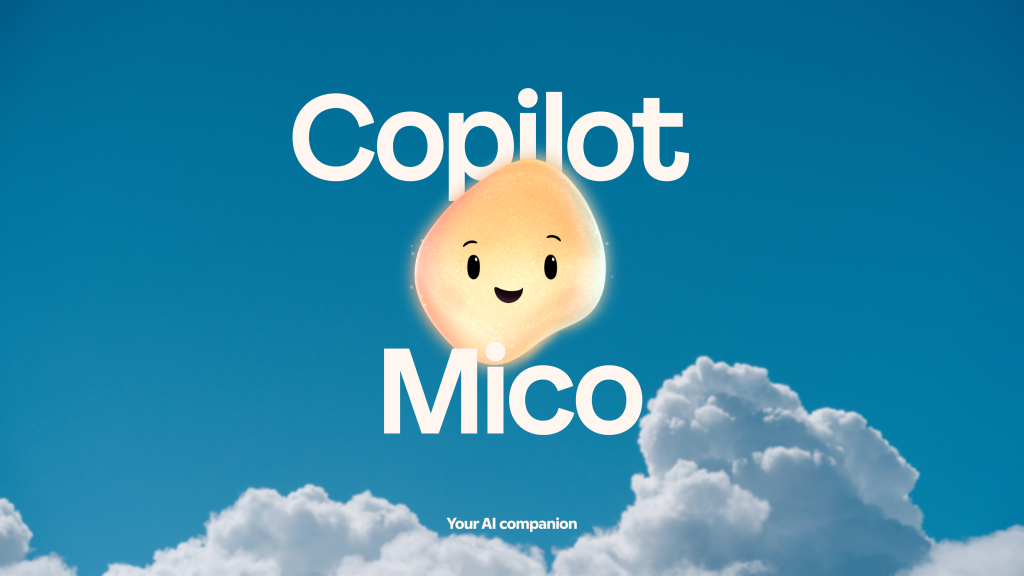
In a groundbreaking advancement, Google DeepMind has developed an AI model capable of transforming “cold” tumors into “hot” ones, paving the way for more effective cancer treatments. This innovation represents a major leap forward in the ongoing effort to use artificial intelligence for precise and personalized cancer therapy, a milestone that could one day help achieve a true cancer cure using AI.
DeepMind’s Transformative Discovery
Google’s DeepMind research team, known for pioneering achievements in AI and medical science, has unveiled a powerful new algorithm that could revolutionize oncology. The AI system analyzes complex tumor data and identifies ways to make previously treatment-resistant “cold” tumors more responsive to immunotherapy.

In cancer treatment, “cold” tumors are those that evade the immune system, making them difficult to target. DeepMind’s AI model changes that by pinpointing molecular pathways that can stimulate the immune response, effectively “heating up” the tumor. This shift allows immunotherapies, drugs that help the body’s immune system fight cancer, to work more efficiently.
During the announcement, Google CEO Sundar Pichai praised the DeepMind team for its groundbreaking work, emphasizing how AI driven medical research could redefine global healthcare. He noted that projects like these reflect Google’s long term vision of applying artificial intelligence to solve humanity’s most complex health challenges.
Researchers describe this as a breakthrough in cancer treatment using AI, potentially turning one of oncology’s toughest challenges into a solvable problem.
The Science Behind the AI Model
DeepMind’s model was trained on extensive genomic and clinical datasets, enabling it to recognize hidden biological patterns in cancer cells. The AI can simulate how tumors respond to different molecular changes, allowing researchers to predict which combinations could make a tumor vulnerable to immune attack.
This discovery represents a unique intersection of biotechnology and AI driven simulation. By leveraging machine learning and biological modeling, Google DeepMind’s scientists can run virtual experiments at a scale impossible through traditional lab work.
The AI’s findings could eventually guide oncologists in designing personalized treatment plans, offering a pathway to faster, more effective therapies for patients with previously resistant cancers.
A New Frontier for AI in Healthcare
DeepMind’s cancer research marks a significant step forward for AI in healthcare, showcasing how machine intelligence can go beyond prediction to help develop actual cures. Experts believe this could accelerate drug discovery, improve immunotherapy outcomes, and reduce the time needed to translate medical research into real world treatment.
While still in early stages, this breakthrough could redefine the future of oncology, positioning Google DeepMind at the forefront of cancer research.
The promise of a cancer cure using Google DeepMind AI highlights the growing synergy between artificial intelligence and medicine. As technology continues to bridge the gap between data and discovery, innovations like this bring the world closer to transforming cancer from a life threatening disease into a manageable condition.
Follow AI Times for the latest AI news in healthcare, detailed coverage of AI innovations, and insights into how technology is reshaping the future of medical science.






